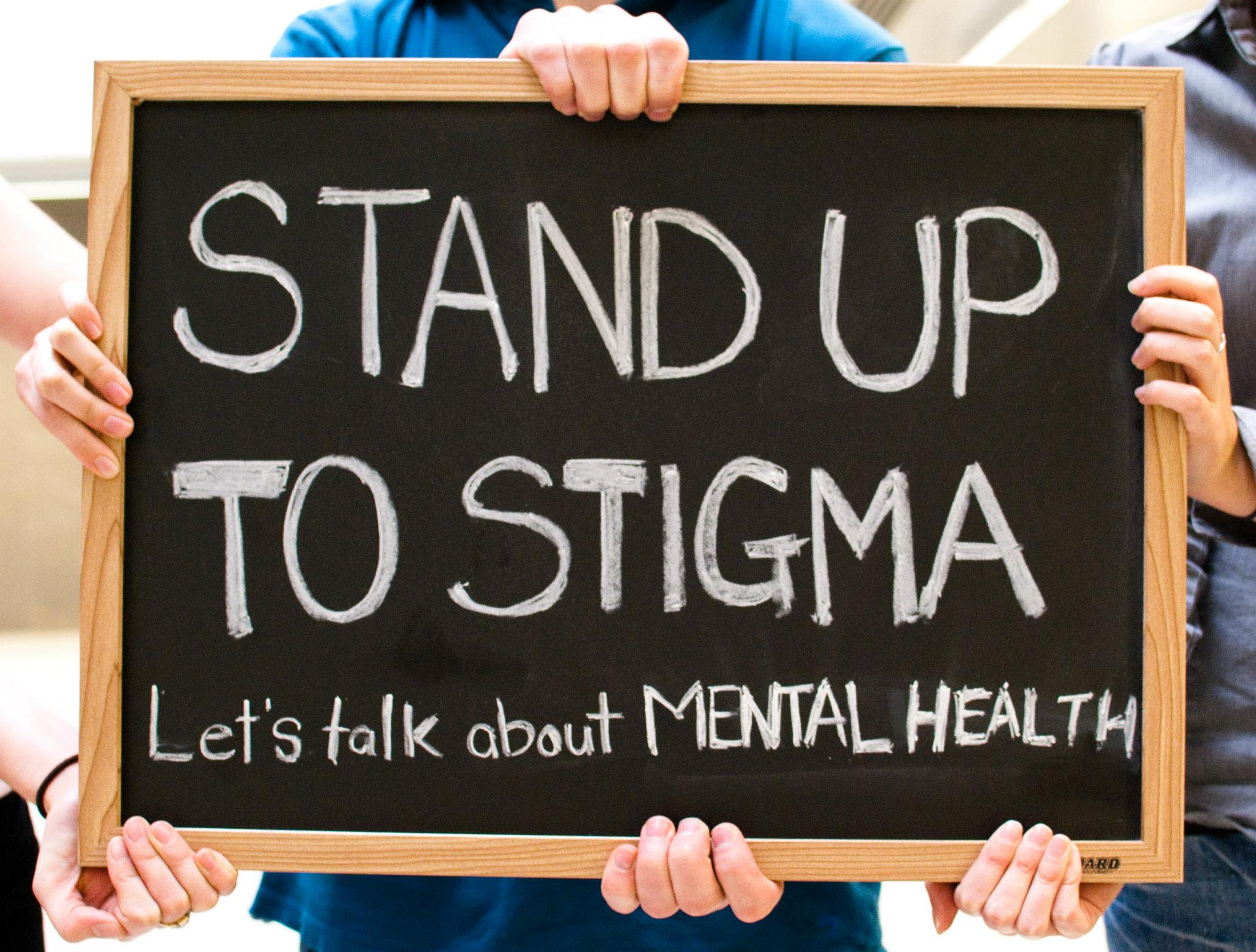Reducing Mental Health Stigma

Mental illnesses, such as Depression, are real, treatable health conditions. Despite this fact, stigma still exists for those who experience them. Mental health conditions are not a “phase” and they cannot be controlled or cured through willpower. Stigma often prevents youth and adults from seeking the help they need even though individuals with mental health problems can get better and many recover completely.
People with mental health conditions often feel physical pain. This should not be compounded by unnecessary shame. While there have been positive advances in the public perception of mental illness, stigma still exists. You can help combat and reduce it through the following actions recommended by the National Alliance on Mental Illness.
Talk openly about mental health and recovery.
Educate yourself and others. Learn about your own mental health condition. If you overhear a negative remark about it or any form of mental illness, make the situation a learning opportunity. Politely tell the speaker how his or her comments make you feel and that they are contributing to the stigma that still exists around the topic.
Be conscious of your and other’s language. Calling someone “psycho,” a “nutcase,” “mental” or “bonkers” even in jest continues the negative connotations that surround mental illness.
Encourage equality between physical and mental illness. Remind others that the latter is a disease, just as cancer and diabetes are. People do not make fun of someone with heart disease. Neither should they of an individual who is diagnosed with Depression.
Choose empowerment over shame by owning your life and your story. Instead of harboring self-stigma, take your recovery seriously and do what you can to live a meaningful and productive existence even while combating a mental health condition.
Be honest about your treatment by saying that you see a therapist, psychiatrist or other mental health professional. Those appointments are no different than the ones that other individuals have with their primary care doctors.
According to the American Psychiatric Association, half of all chronic mental illness begins by age 14 and 1 in 24 adults has a serious mental illness. In reality, people with mental health conditions are no more likely to be violent than those without them and, in fact, the former have 10 times the probability of the general public of being victims of violence themselves. Help make a difference by educating others on the truths of mental illness, especially that it is no one’s fault. You, too, can #breakthestigma